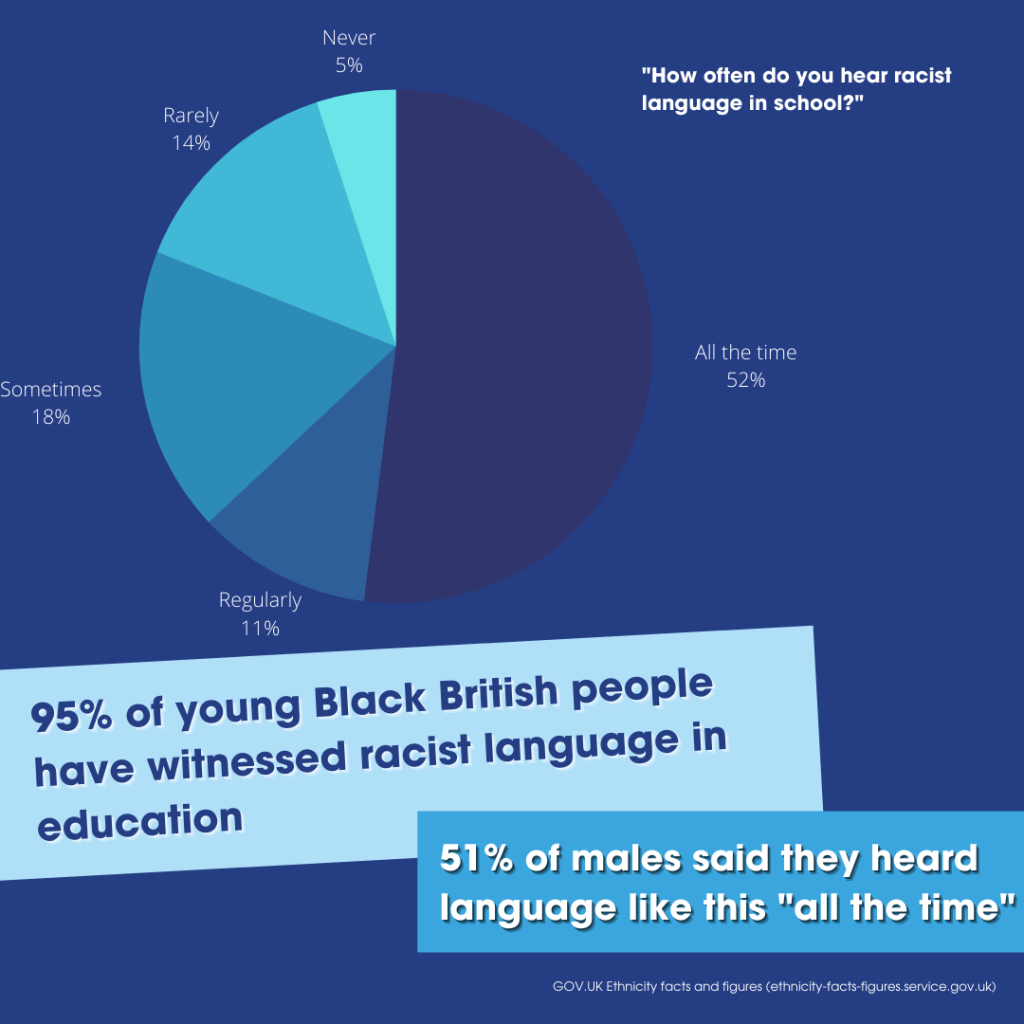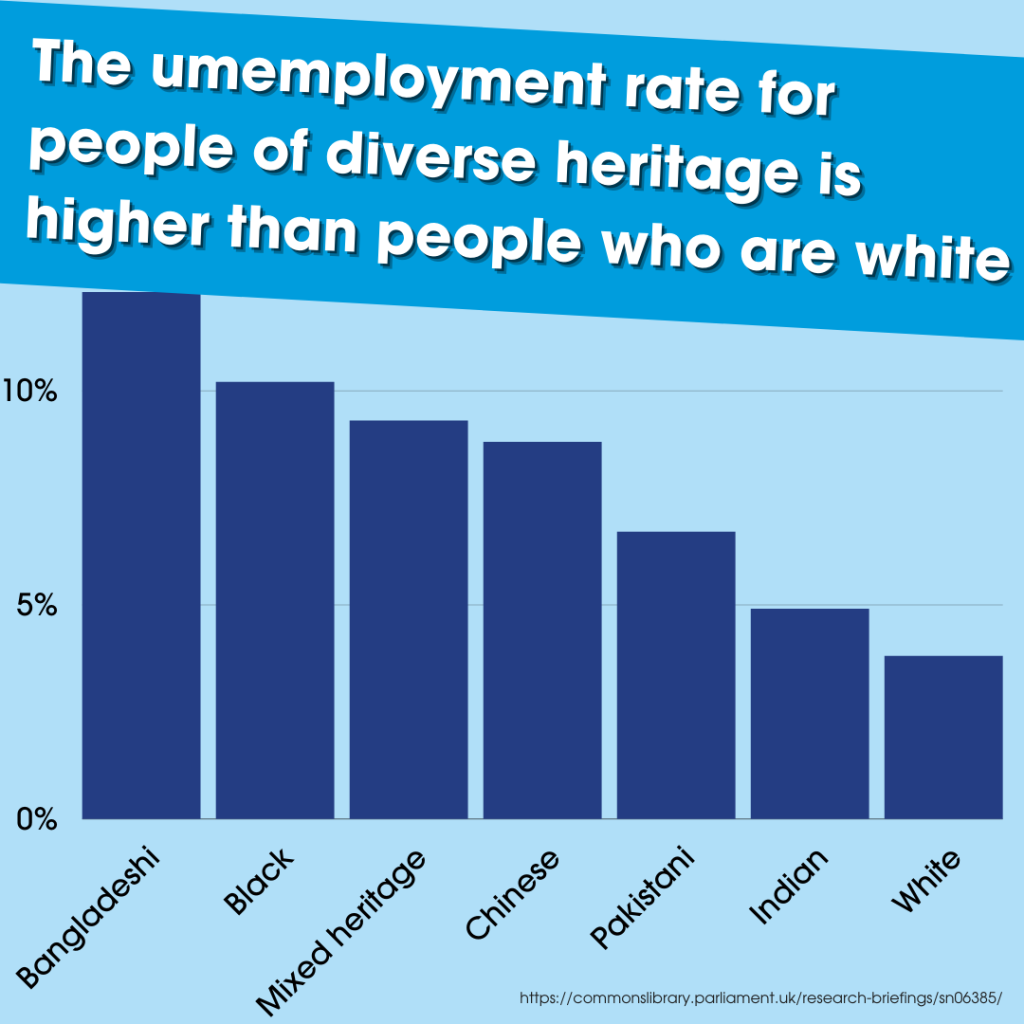On this International Day for Eliminating Racial Discrimination, Blueprint for All want to highlight that anti-racist efforts shouldn’t take place on just one day of the year.
It is a continuous effort as we fight to end structural inequality across the UK, and provide education and employment opportunities for people of diverse ethnic heritage.
What is the background of Anti-Racism Day?
The International Day for the Elimination of Racial Discrimination is observed annually on the day the police in Sharpeville, South Africa, opened fire and killed 69 people at a peaceful demonstration against apartheid “pass laws” in 1960.
In 1979, the United Nations General Assembly decided that a week of solidarity with the peoples struggling against racism and racial discrimination, beginning on 21 March, would be organized annually.
Since then, the apartheid system in South Africa has been dismantled. Racist laws and practices have been abolished in many countries, and the UN has built an international framework for fighting racism, guided by the International Convention on the Elimination of Racial Discrimination. Yet still, in all regions, too many individuals, communities and societies suffer from the injustice and stigma that racism brings.
For Anti-Racism Day, Blueprint for All are going #BeyondTheFeed. Shining a light on what ‘Anti-Racism’ is, we will be inviting some uncomfortable but necessary conversations about real people and real experiences.


